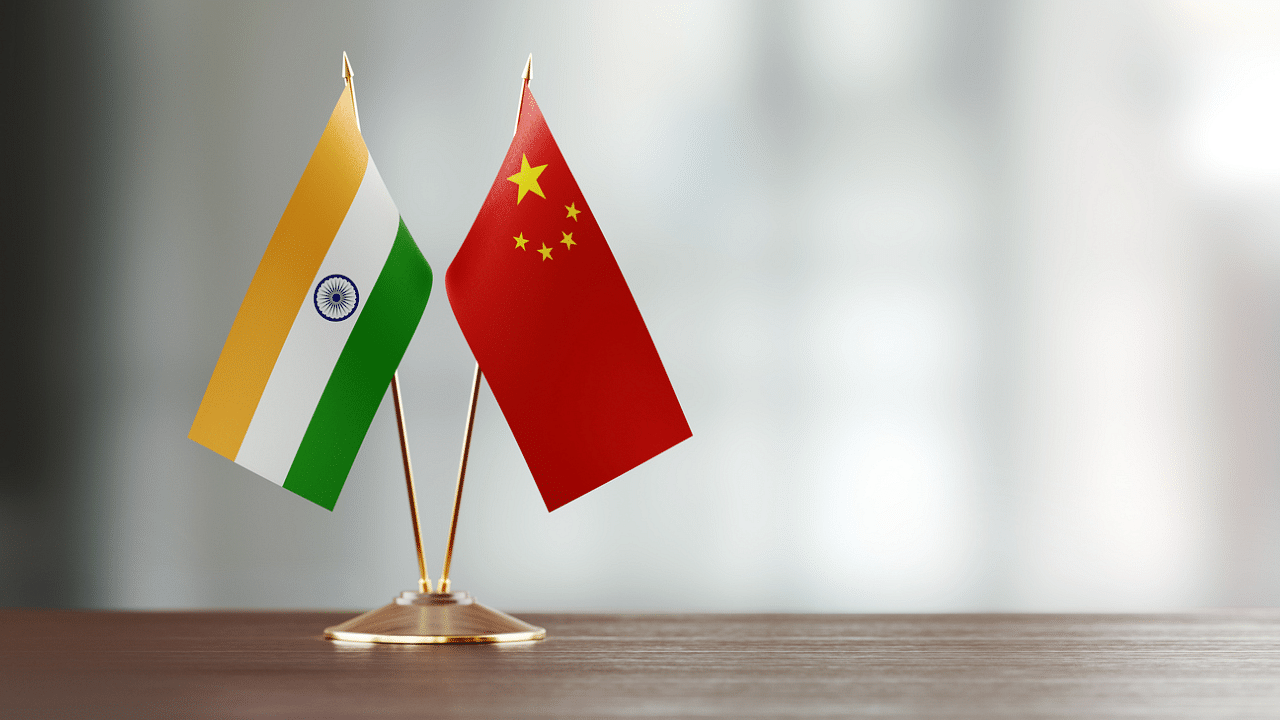
“In planning and executing Vaccine Maitri, we are naturally guided by a determination to make a difference at a difficult moment for global society. Our reputation as the ‘Pharmacy of the World’ has been reinforced in that process. So indeed has the faith in ‘Make in India’. But more than the vaccines themselves, our policies and conduct have emerged as a source of strength for the stressed and vulnerable nations of the world.” — External Affairs Minister S Jaishankar, in a statement in the Lok Sabha on March 17.
The irony of these remarks is inescapable. For India now finds itself in the unenviable position of being unable to meet the needs of countries to whom it had promised vaccines, struggling as it is to give jabs to its own citizens.
Though some may argue that the sheer ferocity of the second wave of the pandemic could not have been anticipated, this once again reinforces the widespread belief that India, more often than not, over-promises and under-delivers in its immediate neighbourhood.
Read more: Covid-19 vaccination policy: Supreme Court must step in
India had raised its neighbours’ expectations when it launched ‘Vaccine Maitri’, playing the role of big brother and benefactor in equal measure. It hoped to earn not just the neighbourhood’s but also the world’s goodwill through ‘Vaccine Maitri’.
But the well-intended policy now lies in tatters. It was launched in January, with India dispatching consignments of AstraZeneca’s Covishield vaccine as ‘gifts’ (under grant assistance) to neighbours Nepal, Bhutan, Bangladesh as well as the Indian Ocean nations of Sri Lanka, Maldives, Mauritius and Seychelles — all important elements in India’s geostrategic calculus.
With its mantra of ‘Neighbourhood First’, it only seemed appropriate at that point for India to show vaccine generosity to countries with whom it shares long borders or are in its periphery. The Serum Institute of India manufactured vaccines that were dispatched to other countries too -- in the Gulf, Africa and Latin America — by way of grant assistance and commercial sales.
By mid-April, India had dispatched 10.7 million doses of Covishield as gifts and 35.7 million doses under commercial deals. It also contributed around 19.86 million vaccine doses to Covax, the international effort to ensure that there is equitable access to vaccines for all nations, be they rich or poor.
But the same month came the second wave, and its fury ensured that vaccine exports came to a grinding halt. The failure to anticipate and therefore prepare for the pandemic’s devastating second wave meant that India’s vaccination drive within the country acquired a sense of urgency, and understandably so. But there was collateral damage for India’s neighbours, who were relying on it for vaccine doses.
The capital invested in vaccine diplomacy clearly had no follow-through in terms of ramping up vaccine production capacities in the event of a second wave to meet domestic requirements as well as commercial orders from other countries. Ignoring experts’ warnings of the coming second wave, a premature declaration of victory over the pandemic and gross complacency on the vaccine availability front were recipes for disaster.
The failure to meet its commitment towards its neighbours— Nepal, Bangladesh, Sri Lanka and Maldives— has meant that their vaccination drives have miserably floundered. They cannot administer the second dose to their citizens as the expected vaccines from the Serum Institute of India under commercial contracts did not reach their shores.
They have been reduced to pleading with New Delhi to at least send them vaccines to meet the requirements for the second dose. Bangladesh Foreign Minister A K Abdul Momen even called up External Affairs Minister Jaishankar recently, seeking more vaccines. A few days later, he urged the United Kingdom to bail Bangladesh out with 1.6 million Covishield vaccine doses for the second round of jabs. Nepal, too, has turned to the US and the UK.
Consequently, the goodwill India may have initially generated with ‘Vaccine Maitri’ has swiftly evaporated. Ironically, India too finds itself scrambling to source vaccines from other countries, with Jaishankar himself making a five-day visit to the US.
A little planning would have saved India the blushes and reinforced its motto of ‘Neighbourhood First’. It would have also helped India retain its first-mover advantage in its backyard where China has been making increasing in-roads.
Beijing, predictably, has swiftly seized the opportunity and is courting India’s neighbours with offers and supplies of vaccines. All the neighbours’ first choice was Covishield, but left with floundering vaccination drives in their countries, they all have now willingly turned to China for help to meet their vaccine needs.
China’s State-owned enterprise Sinopharm’s vaccine has made its way to Nepal, Bangladesh, Sri Lanka and the Maldives, with the supplies being a mix of donations and commercial sales. It is yet another instance of the dragon swiftly stepping into a vacuum left by the lumbering elephant that is seemingly bereft of strategic thinking and planning.
(The writer is a Delhi-based senior journalist)